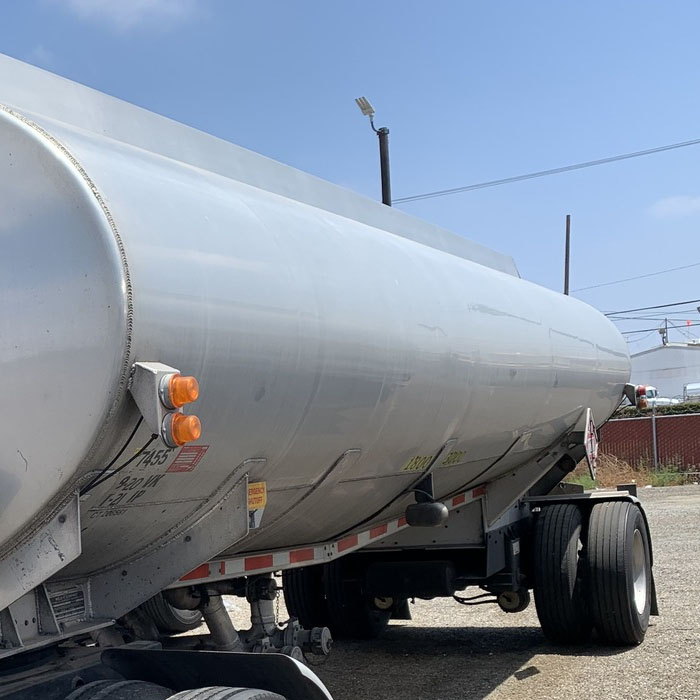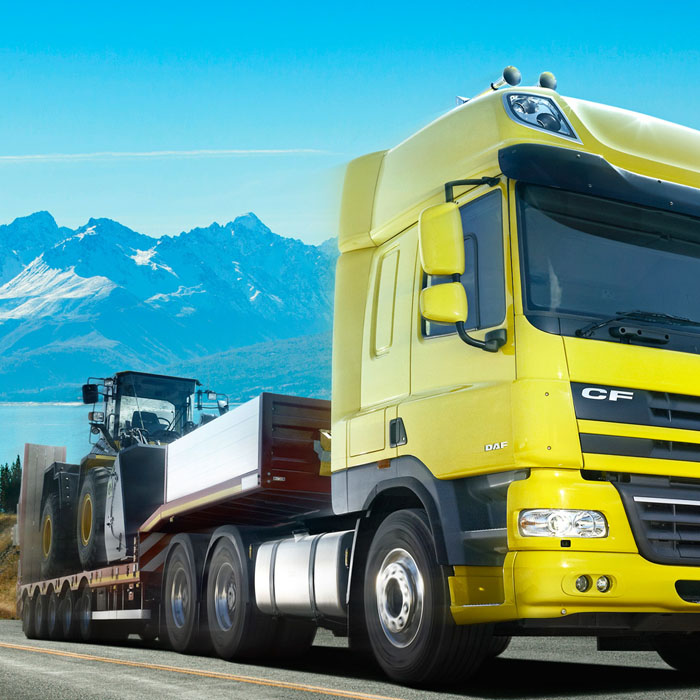Dry Bulk Tanks - Everything to Know as a Truck Driver
What is a dry bulk tanker?
Dry bulk tanks are cylinders that sit on a row of conical hoppers. The cargo is loaded from the top of the tank and discharged from the bottom of the tank. This configuration releases the cargo from the bottom into the hose that delivers the product to the customer. The contents are passed from the cylinder through the valve and then sucked or blown from the tank into the customer's container.
The material being transported can be sand, powder and grain, or the plastic pellets used to make coffee pods or gaming equipment. Because the materials vary widely, so do their weights. Dense powders are much heavier in volume than air-permeable particles. Therefore, weight needs to be carefully considered. And keep the load within the weight limit set by the DOT.
Pros:
1. Good salary
These trucks are used for special shipments that cannot be transported any other way. Materials need to be moved from point A to point B, but unlike other trailer types, which can mix cargo types to fill the truck, these can only haul one loose item. So, these drivers can only carry one item at a time. The cost of cleaning the tank after shipping is usually included in the pricing.
2. Use Gravity Loading
Load cargo with the help of gravity. Once the truck arrives for pickup, the driver pulls to the chute and the cargo falls into the tank, gravity doing most of the work. The driver then needs to make sure the top is safe and the load has been settled. Then they can move on. Eliminating the need to load and balance an entire trailer full of pallets or containers can save any trucker some time in their day.
3. Consistent time at home for most positions
Many of these runs are regional and can give truckers more time home. While maintaining a consistent 9:00 am to 5:00 pm schedule is a tall order, drivers may be able to get very close with this type of freight work.
Cons:
1. Expensive equipment
Dry bulk tank trailers can be quite expensive compared to dry truck trailers. Due to the nature of the cargo being transported, the systems used to load and load materials on the trailer add to the complexity of the equipment. These hoses, blowers, vacuums and siphons are much more expensive due to the specialization required.
2. The load can be shifted
These tankers have a high center of gravity, and while driving, the load may move. Therefore, extreme care must be taken when driving this type of cargo. For new drivers, it takes some long-term practice and skill building.
3. Cleaning requirements
Since the material hauled in these trailers does not have any protective packaging, everything needs to be thoroughly cleaned between runs. If you're hauling pellets, sand, or other types of loose materials, residue inside the trailer can be a big problem for new loads. Imagine hauling white plastic pellets for a job, but somehow that load gets contaminated with the blue stuff from the last load. In the eyes of the customer, the entire load may be unusable.

 WhatsApp
WhatsApp
 sales@youcantrailer.com
sales@youcantrailer.com
 +8615203709888
+8615203709888


